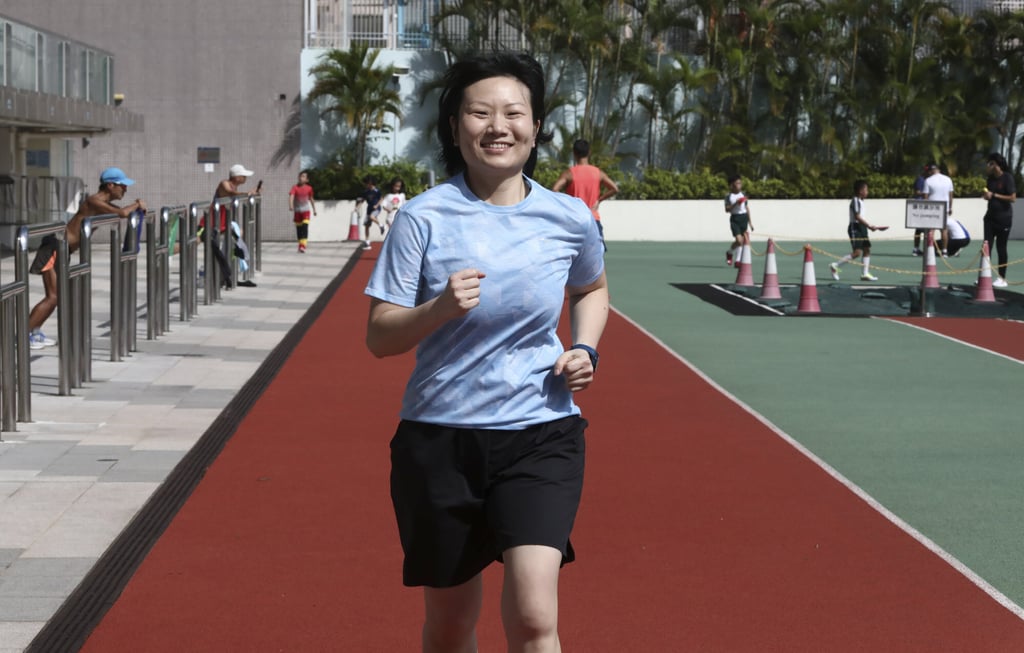Breast cancer survivor in Hong Kong on how exercise helped her battle the disease, overcome treatment side effects and depression, and improve her quality of life
- Being physically active helped Nikki Chan overcome the physical and emotional challenges of cancer treatment and reinforce her mental well-being
- Even simply walking may expedite your recovery, while recent studies see lower recurrence and mortality risks in recovering patients who stay fit

Nikki Chan was more than a little surprised when she was diagnosed with Stage 3C breast cancer in 2020. Aged 41, she considered herself an “active and sporty” person who followed a healthy lifestyle, exercising regularly and taking good care of herself.
“I couldn’t believe what I was hearing,” says the now-43-year-old, who was born in Hong Kong and works for a food purchasing company. “Fortunately, my oncologist told me that because I was already in such good shape, I would likely fully recover from the illness, and a few days later I began my cancer treatment.”
The treatments were brutal – just over three months of chemotherapy followed by a mastectomy of her right breast, a little over a month of radiation therapy, and finally, hormonal therapy, which she is currently receiving.
Chan credits exercise for helping her get through the physical and emotional challenges she had to face along the way. “I was in decent physical condition thanks to the fact that I exercised regularly – that’s probably why my body could withstand the treatments,” she says.

She kept up her exercise even after her diagnosis, though found that a challenge while having chemotherapy as she was so fatigued. After having a mastectomy, she was advised to switch from high-intensity exercises and stick to low-intensity ones.